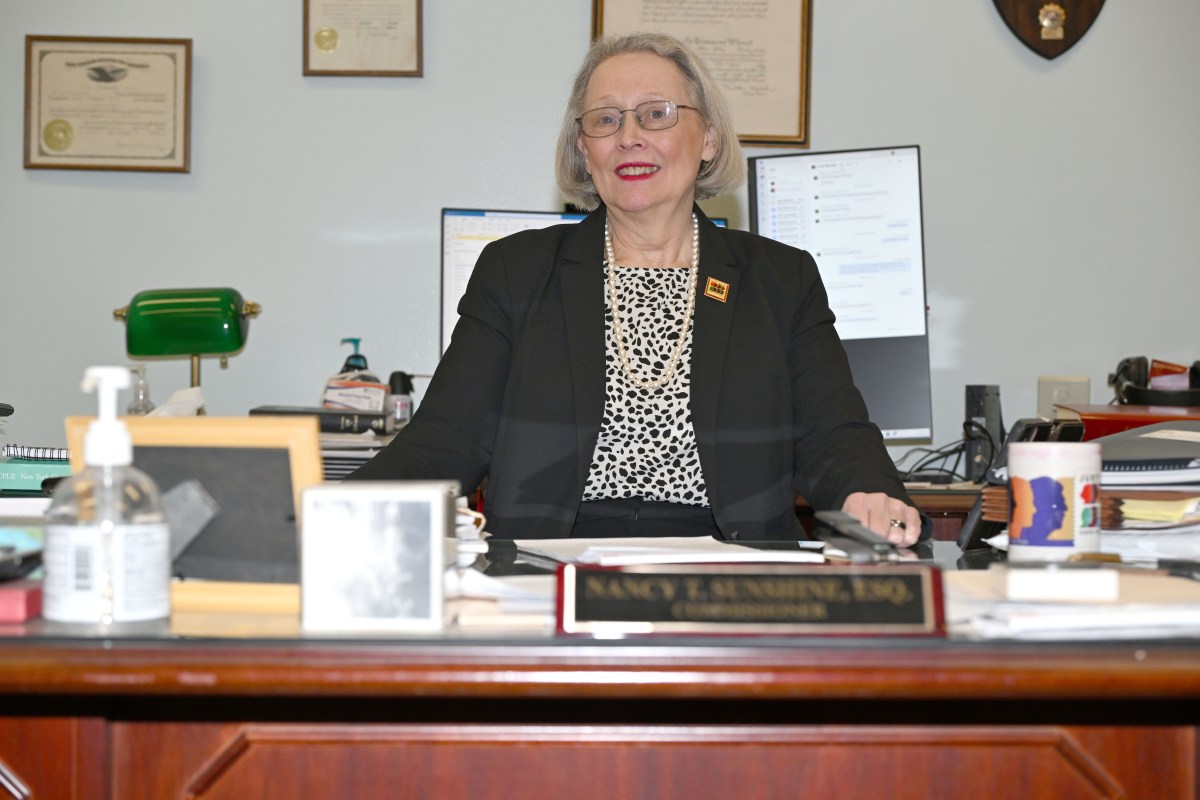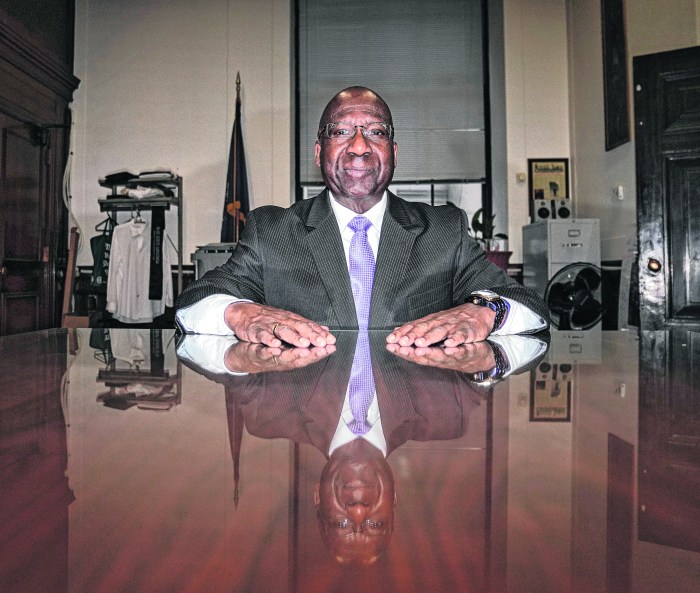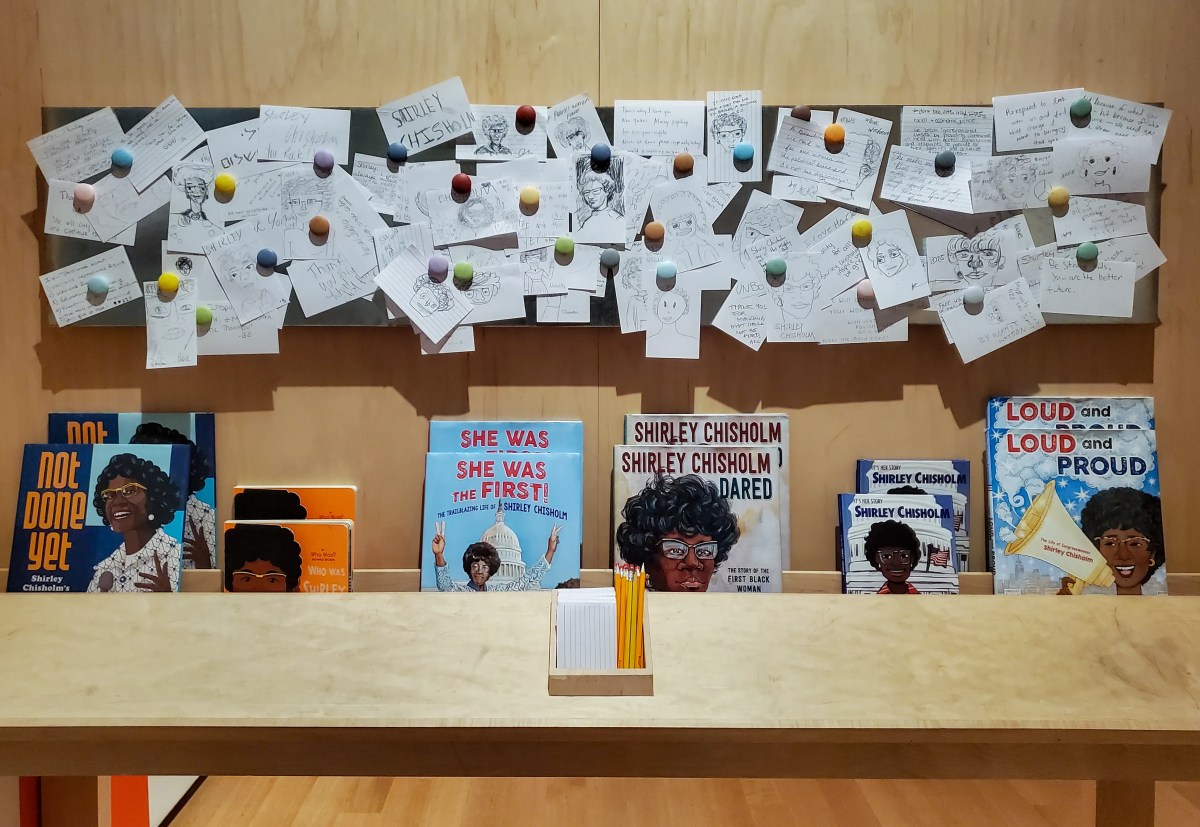Kings County Clerk Nancy Sunshine is in charge of one of the busiest clerk’s offices in the state, which annually processes hundreds of thousands of Brooklyn Supreme Court records and judgments per year. But while Sunshine describes herself as a pragmatic administrator, she said she’s attuned to her role on a very human level.
“Whatever is being filed, whether it be digital or paper, it’s not a document, it’s a person’s life. And so you always have to keep a focus on that. What you’re doing is for the benefit of another person,” Sunshine told amNY Law.
After nearly 20 years of overseeing the county’s central legal filing center, ushering in a transformation to e-filing and revamping the jury duty experience for Brooklynites, Sunshine, whose legal career has always involved public service, said, “at the end of the day, you’re in the people business.”
In her role as Kings County Clerk, a position she’s held since 2005, Sunshine said she wears three distinct hats.
First, she serves as the clerk of the Brooklyn Supreme Court, a role that involves indexing lawsuits and processing judgments. Second, she acts as the Commissioner of Jurors, overseeing the surveying and selection of qualified jurors—a responsibility she has prioritized throughout her tenure. Lastly, as the Clerk of the County, she manages non-litigation documentation, such as registering new businesses and providing newspapers for newly created LLCs to publish notices required by statute. She is also an agent of the federal government, processing passport applications.
“The beauty of this job is that every day you are here to make life better for those who have business in the county. That’s really what makes it so rewarding,” Sunshine said.
Administrative talent
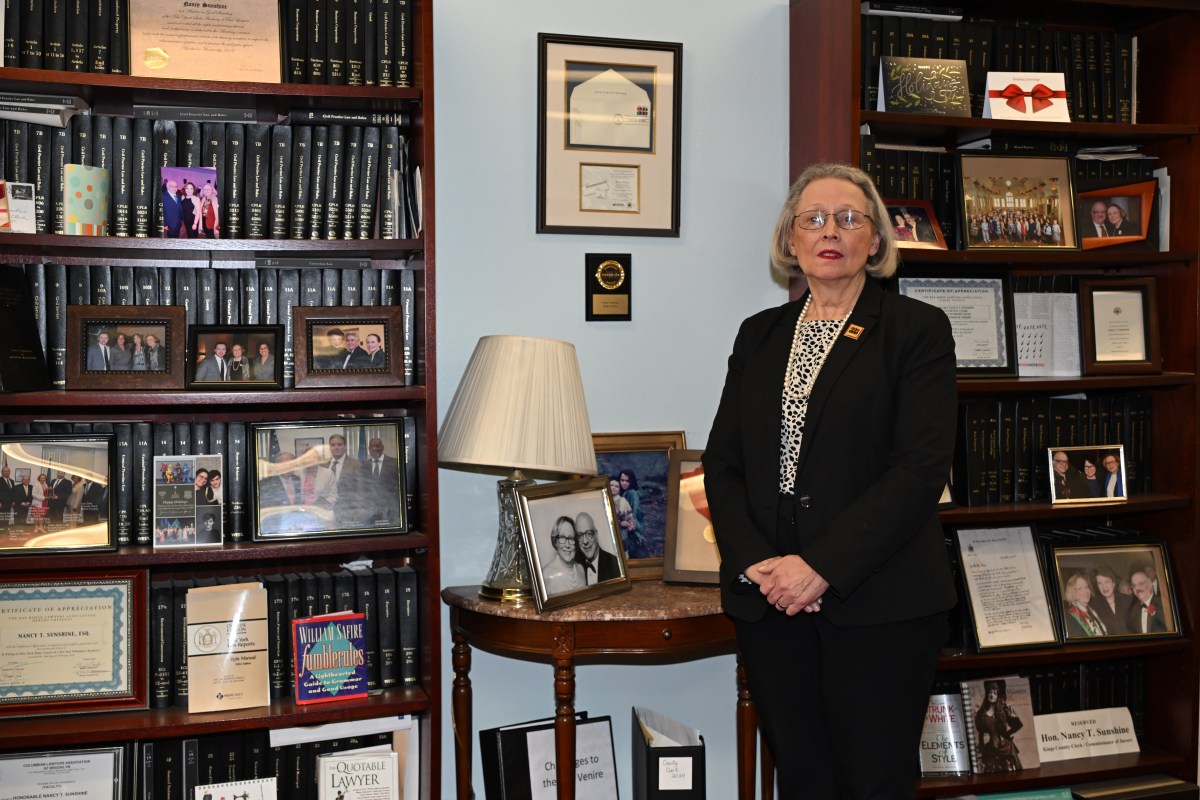
After graduating from Hofstra University’s law school in 1981, Sunshine began her career as an Assistant District Attorney in Manhattan, where she cut her teeth handling both trial and appellate work. She then became a law clerk to Brooklyn Supreme Court Justice Gloria Cohen Aronin, a position that required her to draft decisions and communicate with litigants and lawyers and court staff.
In addition to being a Supreme Court Justice, Aronin sat on the Appellate Term, an intermediate appellate court in the Second Department, which has jurisdiction over appeals from civil and criminal cases originating in New York City Civil and Criminal Courts, as well as District, City, Town, and Village Courts, and civil appeals from County Court. The position gave Sunshine the opportunity to read all the appellate decisions and learn from the inside how the court system functioned.
So when an opening came up in 1998 for the chief clerk of the Appellate Term, Sunshine jumped at it, becoming the first woman to serve in the role. There she honed her skills as an administrator, working with the presiding justices of the appellate court to ensure that calendars and decisions proceeded on time.
The administrative experience made her a natural fit for a 2005 vacancy for the Kings County Clerk, which was “a very smooth transition” from her previous role. Sunshine was reserved about how she secured the position amid a wide field of candidates through an appointment process that is often highly politicized.
“I was a candidate like everybody else,” Sunshine said. “That is the province of the appellate division.”
Transforming jury duty and e-filing
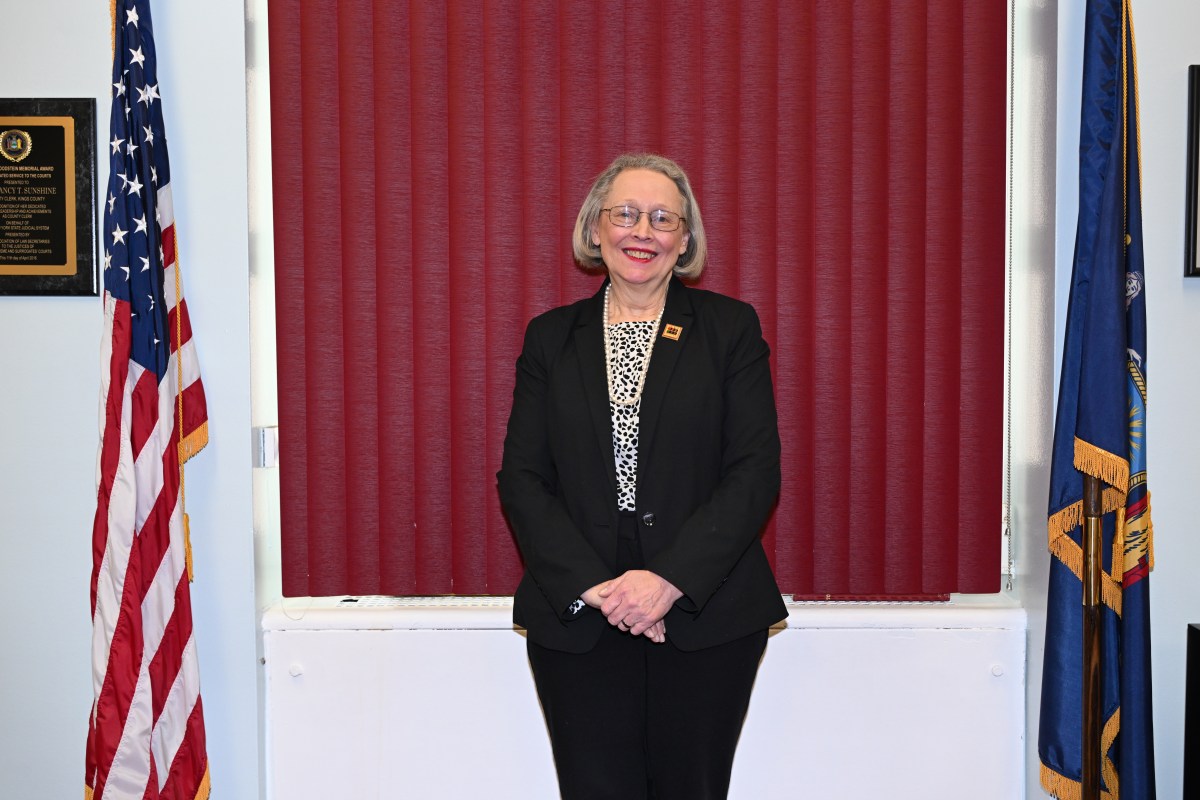
The first woman to serve as Brooklyn’s county clerk, Sunshine arrived with a vision. At the top of her agenda was to update the jury duty process, “because that’s such a public-facing part of the office.”
Sunshine began with cosmetic alterations to make the facilities more welcoming for potential jurors, swapping “old-fashioned wooden church pews” for comfortable chairs, and brightening the juror facilities. Then she tackled the structure of the process itself.
After crunching the numbers, Sunshine realized she could expand jury service to every eight years from every six. “I thought respecting the busy lives of people would go a long way with encouraging more participation,” she said.
Sunshine was also an early advocate for e-filing as a means of transparency and efficiency. In the years after joining the clerk’s office, she worked to convince parties in the legal system to adopt the nascent form of electronic legal filing by organizing e-filing seminars with local bar associations, and engaging in ongoing conversations with Supreme Court administrators.
As the legislature gradually expanded the e-filing system starting in 2009, Sunshine persuaded the holdouts about the virtues of the new technology.
“I consider myself a pragmatist because I’m here to get a job done and I’m going by the law,” she said. “And I’m always open-minded to knowing what new technology is out there that can assist and be consistent with the law so I can do a better job.”
While the COVID pandemic posed huge logistical challenges and health risks to her staff, she conceded that it accelerated widespread acceptance of the new technology.
Sunshine is married to Judge Jeffrey Sunshine, the statewide coordinating judge for matrimonial matters, whom she met during law school at Hofstra. Though the two share a love of the law, Sunshine said that it’s rare that their duties intersect. “He stays in his lane of traffic. I stay in my lane,” she said.
The couple has two daughters, one a fundraiser for the arts, the other a scientist.
Beyond her years of accumulated legal and administrative acumen, Sunshine said that the basics of running an effective clerk’s office boil down to something everyone can understand. “You want to make sure that when people walk into the county clerk’s office, you have people coming in and knowing that they’re treated with respect and dignity, and that they’re listened to,” she said.



